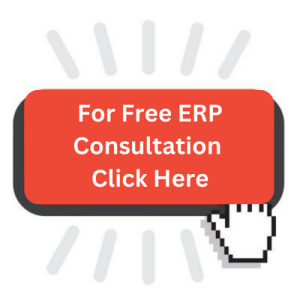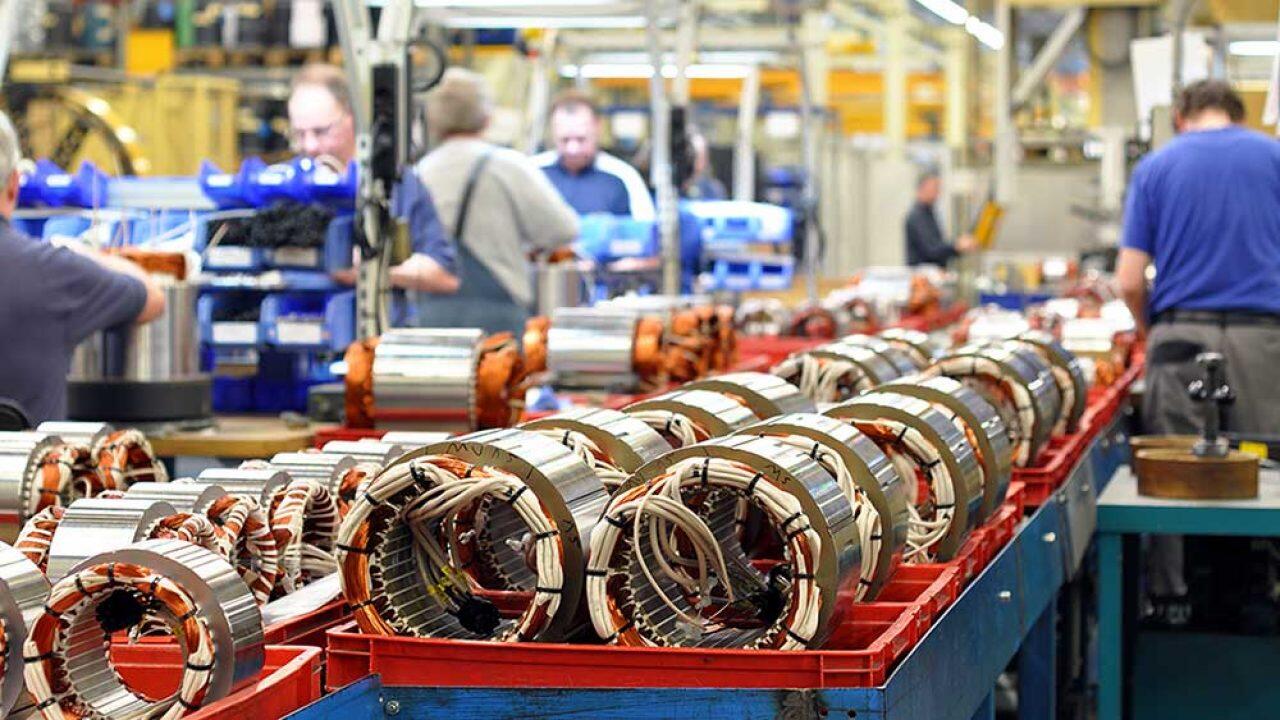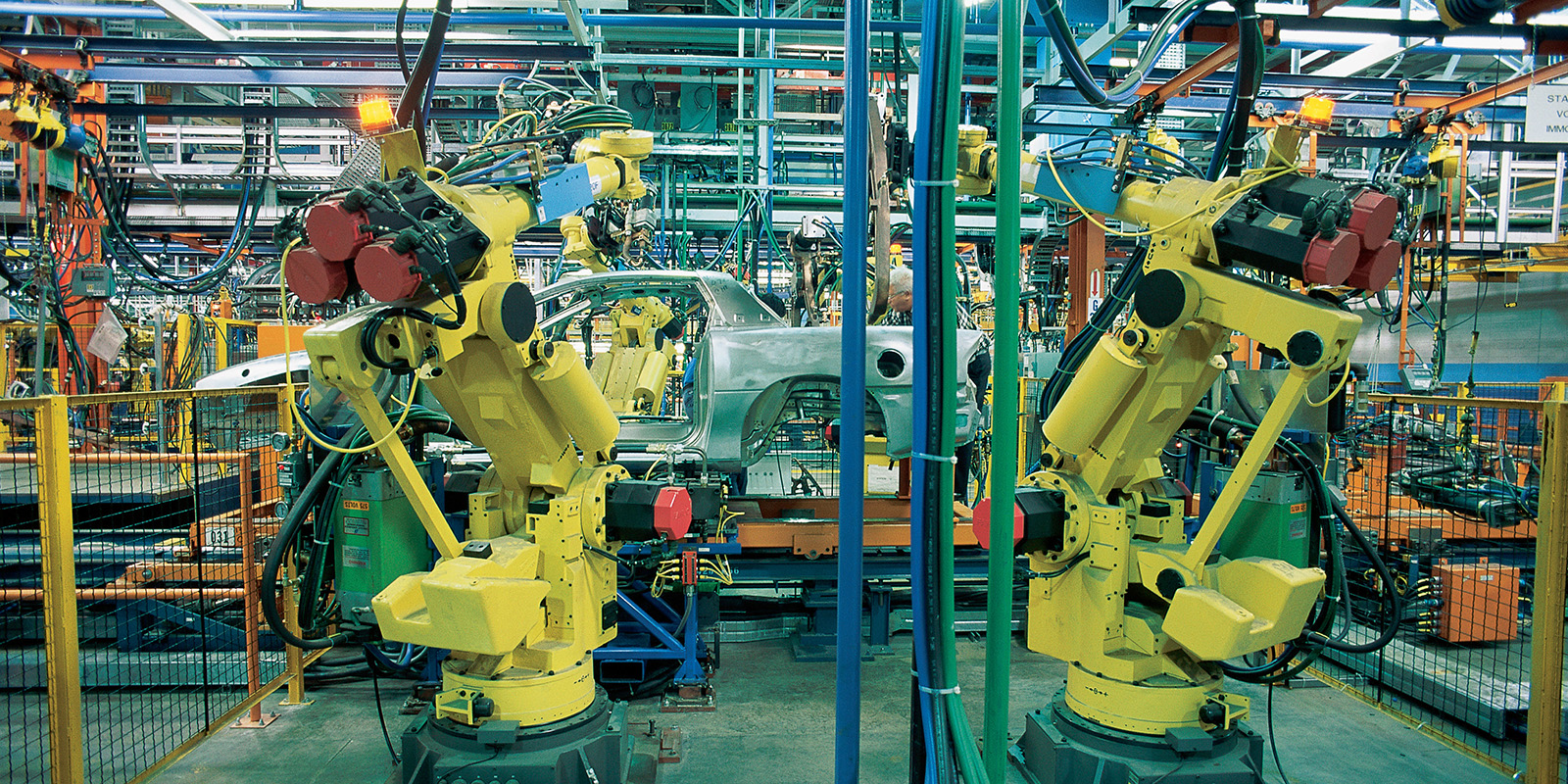It is no secret that the ERP of the petrochemical industry and the ERP of the oil and gas industry face more complex challenges than any other industry in the world. From changing trade laws by countries to price fluctuations in the global market, companies in the petrochemical business experience many surprises every day. They also try to compete on time, quality and cost.
In order to face these challenges, oil and gas producers need full visibility and control over activities and solving the complexity of processes and procedures.
Also oil and gas companies have difficulties in collecting and analyzing data quickly and efficiently due to geographical challenges and converting data into useful and relevant information.
For instance asset maintenance and tracking, unavailability of skilled labor and financial inefficiencies are other challenges that the industry regularly faces.
Producers in the oil and gas sector need reliable systems that can not only adapt to these day-to-day changing pressures. But also meet the varying expectations of their customers.
The most important challenges of the Petrochemical Industry:
- Lack of integration of DCS industrial automation systems with production planning
- Impossibility of accurate calculation of the total price in real time and step by step
- MESC coding system that does not prevent enough duplicate codes
- Costly stoppages in production

Complexities of the Petrochemical Industry:
- Momentary changes in terms of supply, production and the universality of product sales prices
- Extensiveness and very high sensitivity of goods, warehouse parts and MESC coding system
- Lack of transparency of environmental, health and energy safety standards
- Complications of material balance production and lack of efficient use of DCS information
- Complexity in the supply of petrochemical products in domestic and international markets
Advantages of ERP in the petrochemical industry:
Enterprise resource planning system or ERP is a powerful tool for integrating and automating business processes. In the petrochemical industry, the use of ERP can have many advantages.
- ERP helps petrochemical companies automate their business processes. Which allows employees to focus on their core tasks.
- ERP helps petrochemical companies increase accuracy in accounting and warehouse management. This means reducing the waste of resources and increasing profits.
- ERP can provide managers with real-time information that helps them make better decisions.
- ERP helps petrochemical companies to increase the productivity of their employees.
- ERP can help petrochemical companies to increase collaboration between different departments.
ERP solution in the petrochemical industry and ERP in the oil and gas industry:
- The existence of advanced planning engines for all the organization’s resources. Including production planning, sales, materials, budget and human resources in Focus ERP provides the possibility to respond to changes.
- The possibility of connecting to industrial automation systems and Real Time production control
- Using real-time information extracted from industrial automation systems to calculate cost
- The possibility of automatic calculation of production balance material
- A powerful product automatic coding tool to prevent the entry of duplicate codes
- Complete coverage of preventive maintenance and repair processes (PM), emergency (EM), assumption-based (CBM) and its systematic effects on the production schedule
- Real-time monitoring of critical factors of stoppages
- Track and monitor the key KPI performance indicators of the industry in real time in management dashboards
- Full coverage of HSE processes and standards
- Management of TSRs and EPC, PC and EPCC projects

Register your software demo session request now.
Purchasing and Procurement module in ERP of petrochemical industry and ERP of oil and gas industry
The direct and decisive connection of this unit with the exploitation unit as a unit supplying the need for exploitation and the volume of petrochemical production increases the importance of this unit even more.
So far, the operation of storage, purchase and procurement of petrochemicals and refineries in the country is managed by the uniform comprehensive system of goods (Extra) which was implemented by Shell company in Iran about 60 years ago.
But due to the oldness of this software and its poor user interface and inappropriate support, the operator of this software, the Ministry of Oil, has made it more difficult to use this software in recent years. In such a way that the waiting time to receive the MESC product code during the processes defined in this software lasts up to 6 months recently. This issue can cause serious problems for large organizations that have a lot of turnover.
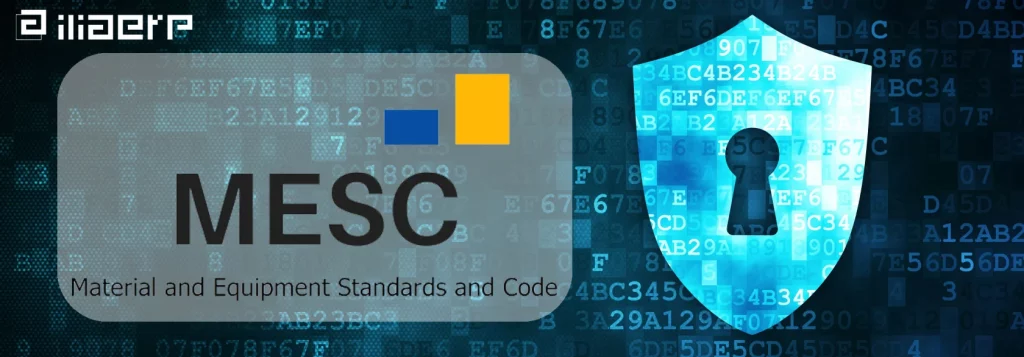
Normally, in order to receive a new product code, correspondence should be done with the Ministry of Petroleum. Also, the request to create a product code should be given in writing to the Ministry of Petroleum. And this code will be embedded in the system after 1 to 6 months. This is despite the fact that the process of purchasing and preparing these items should proceed in parallel with the Indent sheets in the organization. Because usually these orders contain essential items for production and it is not possible to wait to receive the code due to the long period of this waiting.
Tip:
This lack of code has created problems for the organization in many cases. For example since all purchase request items require a product code. If there is no product code, in order to prevent the purchase process from stopping, the relevant expert will define a temporary product code. But unfortunately, due to the possibility of creating a similar temporary product code due to the temporary coding structure, after several years of using this procedure, an average of 2000 to 3000 items with a value of several hundred thousand dollars have been deposited in the warehouse dedicated to these products. Because of the similarity of their product codes, it is not possible to identify them easily and it requires an expert review.
On the other hand:
It is necessary to register the document of receipt of goods (MIV) and to use it. It is necessary to register the information of these goods in the system.
Information such as the manufacturing plant, technical specifications and most importantly product safety requirements (MSDS) and registering this information in the system is not possible without this product code. Which is defined and recognized in the system. So until the MESC code is available in an oil complex. The said product will be stored and sometimes it will lead to serious damages and even stop the operation process.

Considering these problems and many other problems caused by this issue. Ilia ERP Corporation has created a MESC product code library and module under the Focus ERP product set. Which has reduced the waiting time for product code creation from several months reduced to a few minutes. In addition to the above achievement, creating this possibility will lead to Rial savings due to not paying the cost of creating a new code to the Ministry of Oil.
But one of the problems of valid but old MESC coding is the possibility of duplicate code. Perhaps one of the most important achievements in the design and implementation of similarity search algorithms in duplicate goods can be mentioned.
This super creative algorithm is designed based on the most up to date matching algorithms in the world. Based on the description of the product code, it refines the information with 95% accuracy in the created codes.
In order to achieve 100% accuracy in information filtering, Ilia ERP Corporation has the possibility to provide specialized reports on:
- suspicious items
- those items with the employer and complete information filtering
Among the other benefits of ERP implementation in the petrochemical industry in the purchase and procurement department of petrochemicals is the complete automation of the purchase process, including:
- Create a fully mechanized process of purchasing requests and related approvals
- Promoting the process of purchasing goods based on the approved trading regulations in a fully documented and transparent manner
- Management of logistics measures of orders such as customs and clearance, transportation planning, insurance, cargo inspection, entry permits, etc.
and other processes related to this issue in all units of the organization.
In addition to improving the level of documentation of activities and reducing human error in entering information, this issue leads to more transparency of actions. Also, this issue allows unit managers to monitor the status of all activities.
Perhaps the biggest achievement of this level of activity documentation is the identification of bottlenecks and the estimation of the average time for each process step, followed by the possibility of planning based on these times. An achievement that, if given serious attention, can be the source of significant savings in this field.

Project management in ERP of petrochemical industry and ERP of oil and gas:
Every year, many measures and projects are carried out in the petrochemical industry with the aim of reducing the risk and reducing the costs of the organization. It should be noted that based on the amount of its cost, it is followed up under the title of TSR and project. Managing the performance and progress of these projects, along with reviewing requests and approvals related to them. Includes a significant amount of the organization’s daily activities.
In addition, the Rial value of projects and corrective activities carried out during a year also constitutes a large share of petrochemical costs. For this purpose, using an integrated project management system and all the resources related to them will undoubtedly increase the productivity and speed of the implementation of each project along with the correct management of their costs.
ERP implementation:
The use of ERP in the petrochemical industry and ERP in the oil and gas industry, along with eliminating paper approvals and increasing the speed of approvals and related financial and budget reviews. This will increase the transparency and level of documentation of this process.
This level of transparency and documentation will help to better understand the state of each project and identify their possible bottlenecks. Also, due to the integration created among all units of the organization, in addition to managing the performance and progress of the project, the possibility of defining and managing all side activities of the project such as requesting related purchases, project financial management, recruiting and hiring contract employees related to the project, project warehouse management, etc it will exist under the main project.
In this way, it will be possible to monitor, plan and even identify the bottlenecks of all activities related to this project and try to solve them in an integrated way. This can create serious savings in this field due to the centralized information of all these activities.
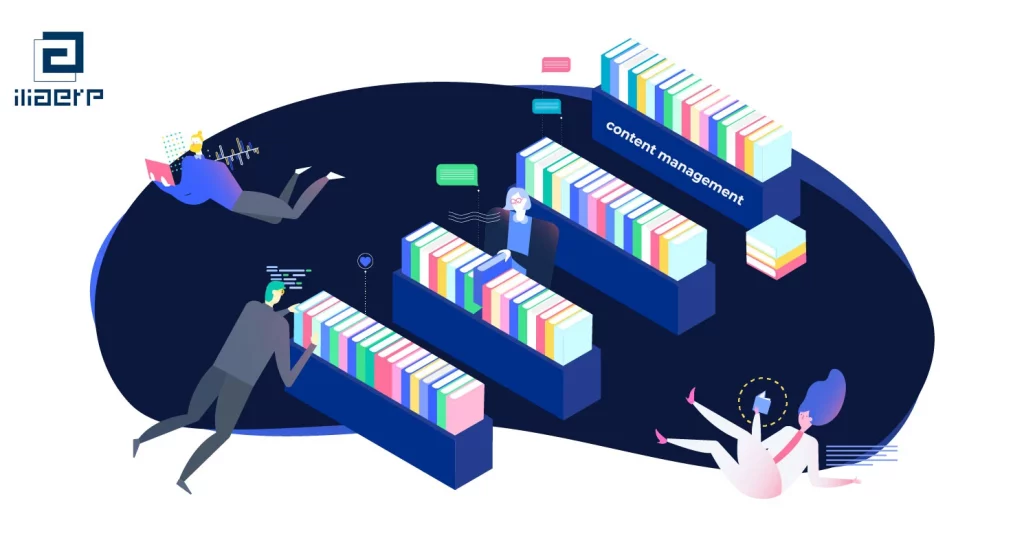
In general, managing contents based on the project and storing information and all contents related to a project, including all technical and legal documents related to it under the title of that project. Can be very effective in retrieving information related to a project. It also allows managers to easily analyze all activities and information related to a project.
For example, attaching and tracking the records of contractors and evaluations related to the project and project contractors will give this possibility to the managers of the organization. As a result, they can make decisions with a better view and information regarding the selection of the contractor and the implementation requirements of similar projects.
Warehouse Management (parts warehouse) in the petrochemical industry:
Warehouse management of parts and raw materials related to production, as well as maintenance and repairs, will have a direct relationship with the performance of petrochemical production. Therefore, connecting this unit to the operation, maintenance, repairs and procurement department, along with the use of an intelligent system, will bring great achievements to this unit.
For example, according to the estimation and updating of the consumption rate of the items (and accordingly determining the ordering point automatically by other information related to the purchase and procurement process), the system will order these items in an optimal amount and at the right time. It should be noted that it will lead to preventing damage. That are caused by the lack of materials on the one hand and preventing the sleep of capital on the other hand to a significant extent.
In addition, due to the system’s access to the expiration date of perishable materials, the system can have a better and smarter management and prioritization in the consumption of these items, considering the rules of inventory management.
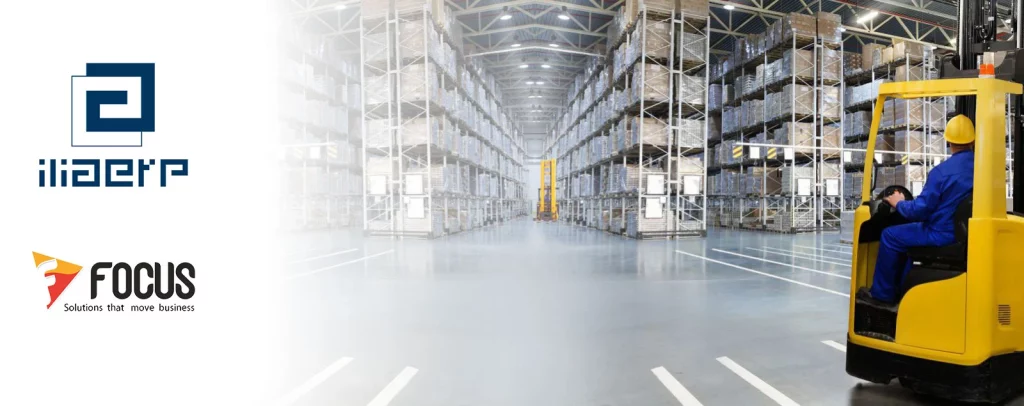
But perhaps one of the biggest innovations and achievements used in this sector is the definition of warehouses. By defining these warehouses, the inventory of consumable parts and items will be monitored before actual consumption. This will prevent waste of resources and reordering. Of course, until the parts are actually used and installed. Even after leaving the main warehouse, they will be considered as warehouse stock and will be trackable.
1. Warehouse Management Module (product warehouse):
ERP of the petrochemical industry in this sector will also control the inventory of salable products including the export warehouse, the inventory in the export containers and even the inventory being transferred to the customer. Which will lead to inventory management and prevent wastage.
2. Sales Module:
Since the packaging unit, according to the demand of the sales unit (which can be different depending on the sales rules of the organization. But usually originates from the analysis of the needs of the customers or the analysis of the market needs), delivers the goods in different ways. It is possible to plan all the purchase requests received by the sales unit for the purpose of packaging by using the existing communication between the sales, transportation, and packaging units in Petrochemical ERP.
On the other hand, according to the type of these packages and the timing of their delivery to the customer, logistics and transportation measures corresponding to them should be planned and carried out in order to save time and prevent possible delays.
In a standard oil and gas industry ERP system, all transactions of the sales unit with any point of the organization and customers can be done in a mechanized and process-oriented manner. Also within the framework of the ERP system.
3. Human resources module:
In general, human resources and the quality of services provided in this unit have a direct effect on the performance of the organization’s personnel and its future recruitments. By using an integrated software system with other parts of the organization. It will be possible to manage better, more efficient and at the same time transparent human resource activities. Activities like creating and managing recruitment requests, managing leave requests and determining work shifts completely digitally.
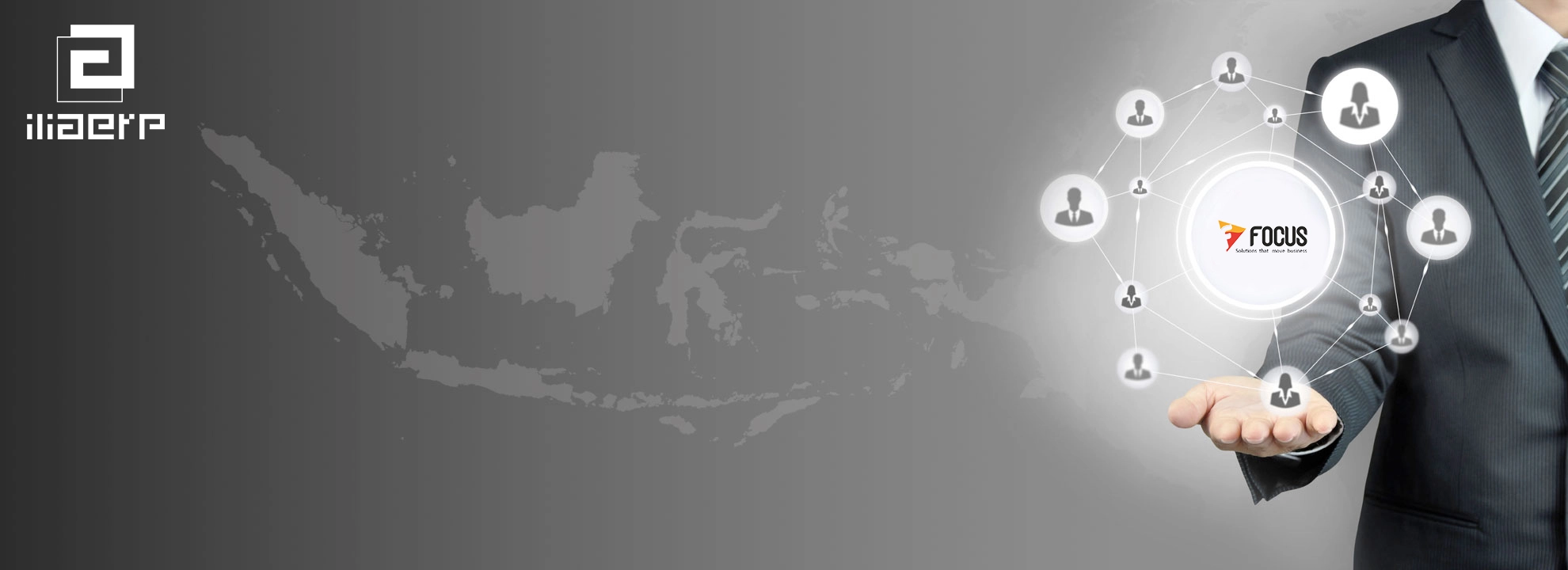
Another advantage of this system is the saving and non-deletion of rules and instructions even after changing and registering a new version. Which makes it possible for organizations to easily return to their previous instructions or temporarily include changes in it.
But perhaps one of the greatest achievements of ERP in the petrochemical industry and ERP in the oil and gas industry is the use of information output from other sectors. Such as the amount of sales, production, etc In order to estimate the performance index of people.
Using this information in estimating the scoring index and people’s performance will lead to a more transparent and fair scoring process. Also it will prevent possible biases of people in awarding points. In addition, without a doubt, the use of this approach will lead to an increase in people’s performance. Because people see a direct and clear relationship between their performance and the score they receive.
In the end, I should mention one of the biggest tasks of using ERP. Which is creating transparency and documenting activities. It should be noted that these two achievements of ERP deployment are especially important in the human resources unit due to its interaction with all the employees of the organization and its impact on the career future of people.
4. Maintenance and Repairs Module:
The maintenance and repair unit can have a direct effect on the organization’s income due to its direct effect on the quality and performance of the operation unit. In this regard, the advantages created by ERP in this field can be the source of saving and increasing the productivity and income of the organization. For example, automating the process of receiving approvals for carrying out maintenance and repairs saves time and prevents possible damages caused by delays in carrying out an action.

In addition, connecting this module to the parts storage unit can also have a significant effect on the speed of procurement and preparation of consumable parts. In this regard, according to the possibility of calculating the average time of failure (MTTF) and the average time between two failures (MTBF) of an equipment. It is possible to start the process of supplying goods at the right time. Which prevents sudden stops of lines and sometimes too much damage.
Among the other achievements of maintenance and repair software in the platform of an integrated system such as Petrochemical ERP is the possibility of planning tasks and assigning them to people based on the shift and presence of people (according to the vacations taken). This issue is due to the connection of this department to the human resources department of the software. Also, the management of work orders in a schematic and graphic form is one of the advanced features of this module.
5. Operation Management Module:
Production planning and control is one of the other key petrochemical units. It is considered the competitive price of petrochemical products, the quick response of this unit to the feedbacks of the sales unit and the creation of the final product with the grade demanded by the market will undoubtedly have a significant impact on the profitability of petrochemicals.
By connecting all the production metrics to the petrochemical ERP software or the oil and gas industry ERP software, it is possible to closely monitor the production and outputs, to closely check the performance and identify possible production delays. Concepts such as material balance, aggregation of operation log sheets on the ERP system and the possibility of preparing information trend analysis reports are important features that can be expected from this module in the oil and gas industry.

In case this article was useful for you, we invite you to visit the following articles:

